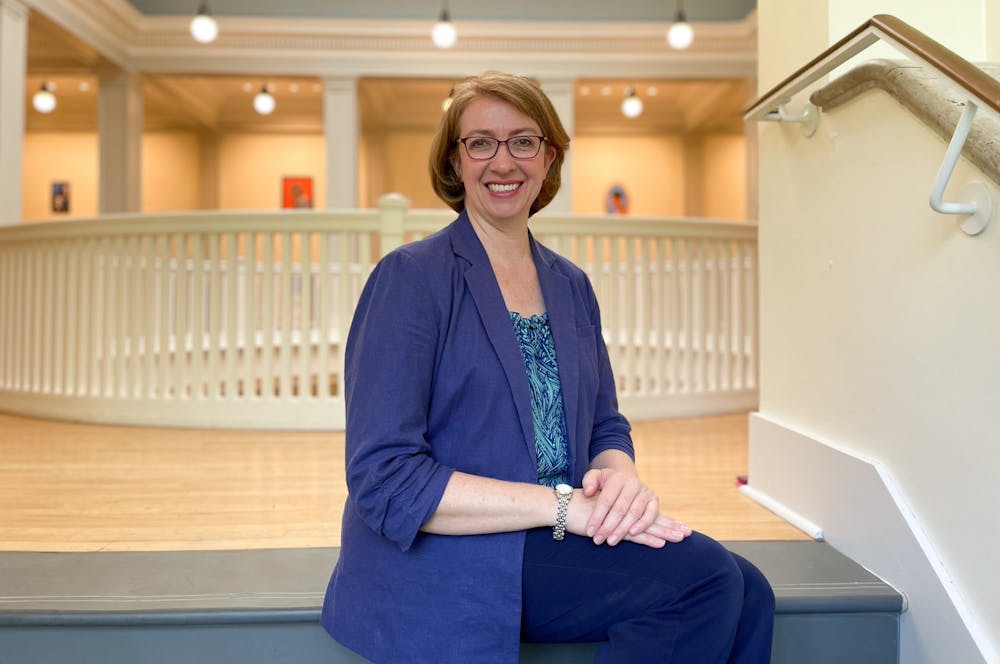Jocelyn Neal was in graduate school when she began to focus on genres like country and bluegrass. Now, as the upcoming chair of the UNC Department of Music, she will continue to help revitalize the curriculum so students from various musical backgrounds can find relevant courses for a music major or minor.
Neal, who is the current associate chair for academic studies, will enter her new role on July 1. She said she plans to support department faculty in their individual interests and refine the new curriculum, which has been in effect since the 2022 fall semester.
Music has been a part of Neal’s life since age the age of three when she began singing in a children’s choir. She said that while traditional Western classical music was a large part of her childhood musical experience, she began to focus on popular music after one of her faculty advisors encouraged her to pursue it.
“One of my faculty advisors knew that I was interested in popular music, broadly defined, and he said to me one day literally after a conference, ‘Do what you want — you have something to say about this music, so do it,’” she said. “That was in the 1990s, and there was not as much prominent work in popular music at that time in the areas of music theory that I was working in.”
Neal has worked to expand opportunities for students to incorporate various genres of popular music in their undergraduate education, most recently by helping develop the department’s new curriculum. She plans to continue that work in her new role.
“Professor Neal was a leader in those conversations and in that envisioning of what an undergraduate music curriculum for the 21st century can look like,” David Garcia, the current department chair, said.
The new curriculum not only offers courses discussing the cultural and intellectual diversity of different musical traditions, but also provides specific courses focused on developing skills that can be found in various musical traditions.
“Conventionally, music theory courses have focused on a very narrow slice of musical repertory and we have opened up a menu of courses, all of which teach music theoretic concepts, but which engage with a bunch of different musical traditions and a bunch of different notation systems and a bunch of different ways of understanding form in music,” Neal said.
Evan Feldman, the associate chair for performance, composition and music education division, said that Neal played an important role in designing these new courses, which offer alternatives to Western tonal music.




